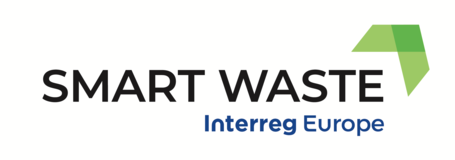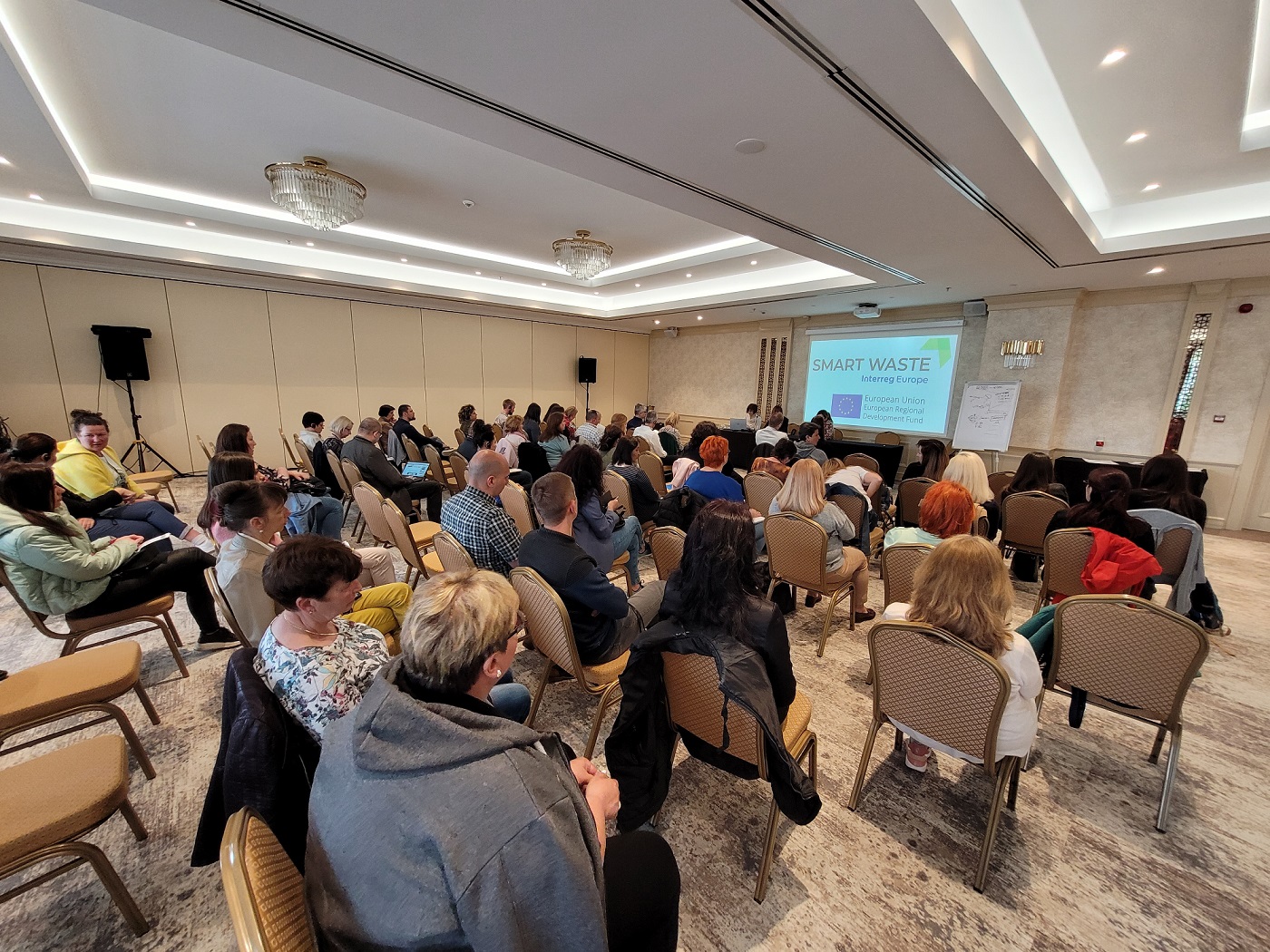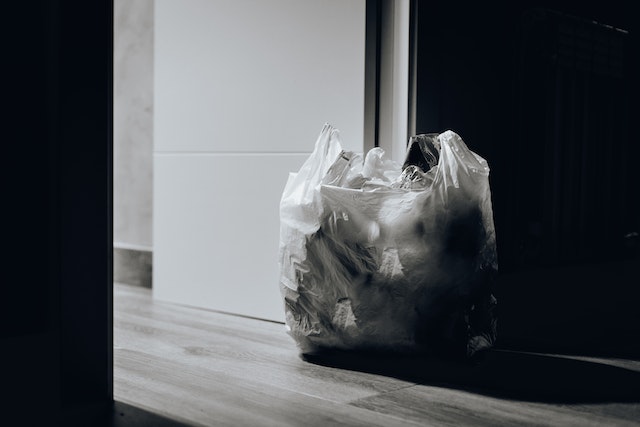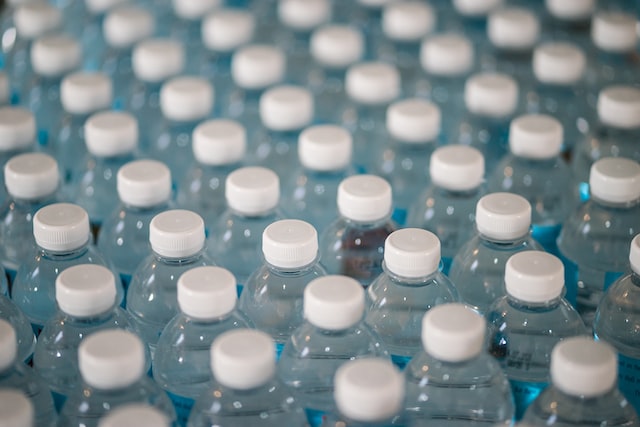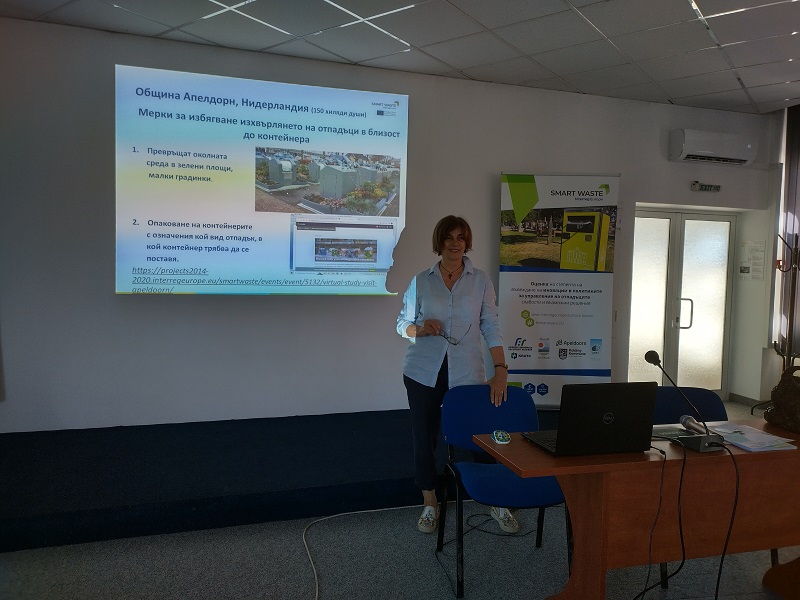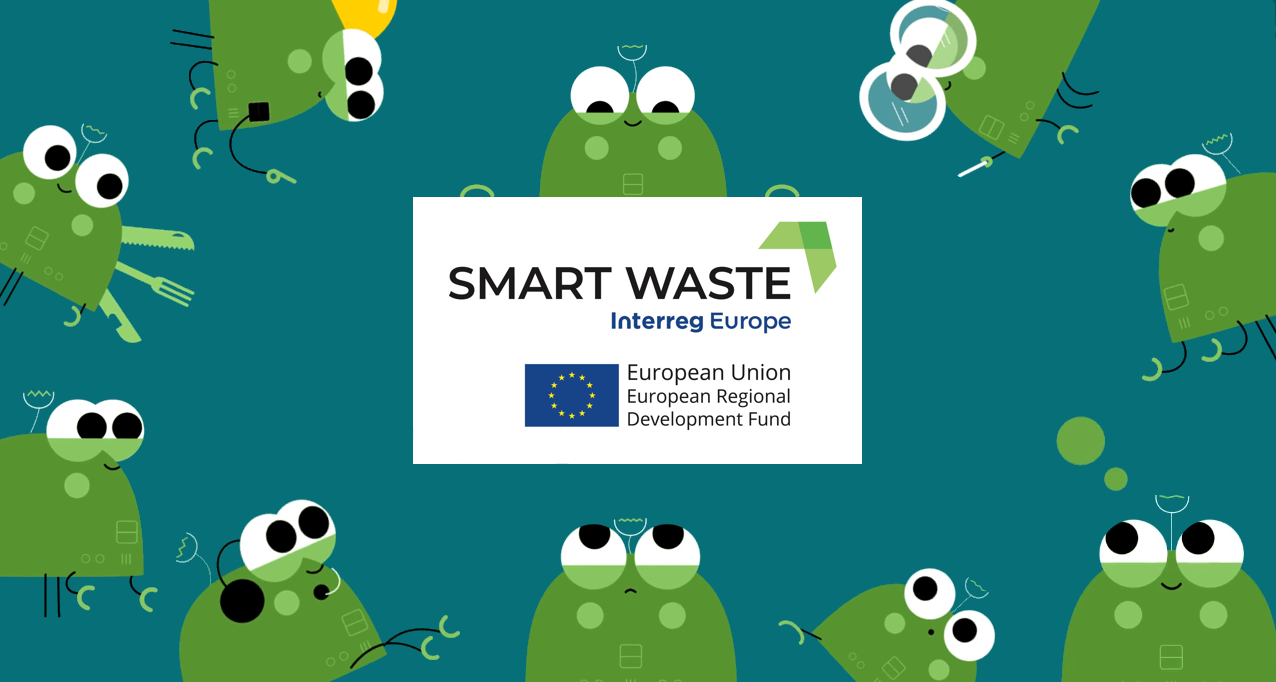A month ago, on 15 July, the last meeting of the stakeholders gathered by BAMEE within the SMART WASTE project was held in the city of Hisar, Bulgaria. The meeting was attended by more than 50 participants, representing the Ministry of Environment and Water, Managing Authority of OP Environment, municipal environmental experts, Regional Inspection agency for Environmental protection of Sofia, Varna, Stara Zagora and the SMART WASTE partners.
The main objective of the meeting was to validate the drafted action plan and to discuss how to communicate with the citizens and to engage them in the process of effective separate waste collection. Special attention was given to the importance of communication the communication mix for regions with roma minorities. Examples were given from Municipality of Apeldoorn “the place making technique” which helps to keep clean the places around the containers for separate waste collection in areas populated with migrants and refuges. It was stressed the importance of the “leader” in this groups and the necessity to communicate in their languages.
The second example comes from Kolding Municipality where the a Communication Task Force is established to help in the process of engaging the citizens in initiatives and actions dedicated to smart waste management.
It was concluded that waste reduction and even better prevention, eco-design, reuse repair and similar measures can save money and reduce overall annual greenhouse gas emissions. The smart waste management systems are of great support and bring only benefites to the society, the region and the environment.
Finally, the activities and planning foreseen for the second phase of the project were presented to the stakeholders, with the focus on the communication campaign for awareness raising among municipalities, beneficiaries under the OP Environment demonstration projects for development of new, non-traditional successful activities and intervention for transition to circular economy and separate waste collection.
